Even smelling the scent of laundry powder up the nose can trigger allergic people and it has bad effects on their bodies and system.
However, snorting powder is not intended for the human nose. Snorting any form of powder may cause nasal lining irritation, lung infections, and obstructions in the respiratory system and nasal airways. This happens because powders are particle-based materials and often include other components that hasten further degradation.
Some medications may be administered safely via nasal passages. Because they include liquid, which is kinder to the naturally wet nose, nasal sprays and other inhalation solutions are not as dangerous to the nose.
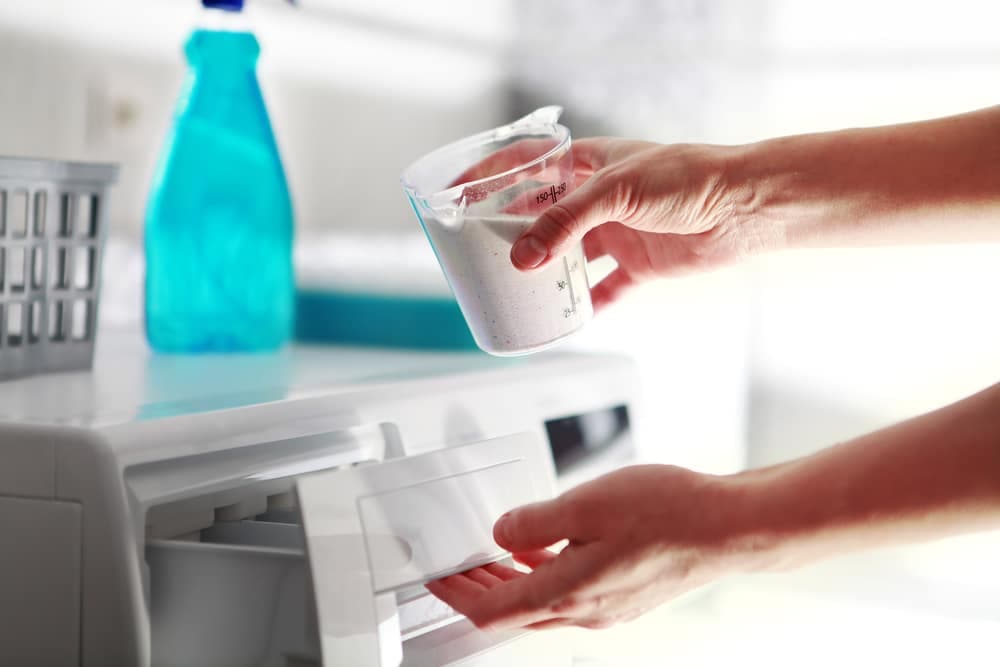
These days, allergies to washing powder or fabric conditioner are a common issue. Choose gentle, unscented laundry products for sensitive skin because they are less likely to irritate it. By doing this, you’ll be able to prevent a negative reaction to any remaining washing powder or fabric conditioner residue on your clothing.
breathing issues and other symptoms of washing powder allergy
Signs of washing powder allergies you should watch out for here:
an irritated, red rash.
This is the most visible symptom, and it often appears very away after coming into touch with anything that has just been cleaned. Once the irritant is eliminated or you stop wearing the offending item of clothing, you might notice that the rash goes away fairly quickly.
Dermatitis from contact.
This also manifests as a red, itchy rash, but typically takes place 12 to 72 hours after irritation. It may take many exposures to a material before you get an allergic response since the immune system sometimes takes some time to recognize allergens. On the other hand, you could potentially have a response after only one contact with the irritant.
Sneezing, a runny nose, or itching eyes
This is especially typical if the perfumes included in the washing powder are what are causing your allergic response to it.
Top tip: Consult your doctor or pharmacist for allergy relief, but the most apparent piece of advice is to stop using whatever is irritating you as soon as you can.
Best practices for preventing symptoms of washing powder allergies
There are a few simple changes you may make to your laundry routine if you’re experiencing an allergic response to washing powder.
Apply the proper dose.
You don’t need to use it a lot since the majority of contemporary laundry detergents are composed of concentrated formulae. A major cause of skin irritation, using too much laundry detergent may leave residue on your clothing. Be sure to always follow the dosage directions on the product’s label.
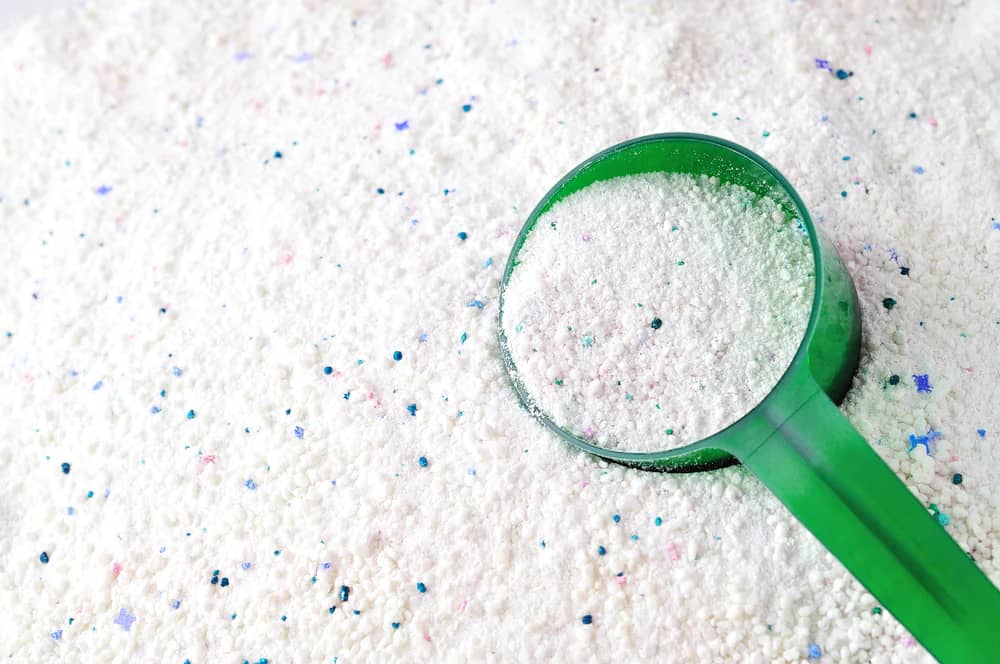
Think about adding an additional rinse cycle.
Most modern washing machines provide the option to extend your wash cycle with an additional rinse. Including this in your usual washing regimen will guarantee that the maximum amount of detergent is taken out of the clothes, lowering the chance of skin irritation.
Use an appropriate detergent at all times. Enzymes may irritate since they are also recognized allergens. Try using hypoallergenic washing detergents if all else fails.
It could be time to choose a hypoallergenic alternative if you or a family member is still reacting to washing powder, liquid, or fabric conditioner. These are often dermatologically tested, keep fibers smooth, and generally don’t include irritants like aroma or colors that might irritate the skin.
Everyone differs when it comes to allergy reactions and laundry detergents. It all comes down to trying different hypoallergenic detergents; if one doesn’t work for you, try a different one.
It is advised to see your doctor if you are allergic to washing powder and have tried many different laundry detergents without success. They can determine whether another substance is causing your adverse response.
What is causing the symptoms of my washing powder allergy?
Actually, the allergic response is only brought on by a particular substance or combination of chemicals. These substances, which include enzymes, fragrances, and dyes, may cause symptoms including itchy skin, runny noses, sneezing, and/or irritated eyes.
What exactly are hypoallergenic cleaners?
Detergents that are hypoallergenic are created specifically to lessen the possibility of skin sensitivities. Most don’t include additives like scents and colors that are well-known for being irritating. You may lower your chance of an allergic response by switching to these items.
Buy scent-free or unscented products. However, be in mind that certain items that claim to have a “natural smell” may really include chemicals that cause an allergic response.
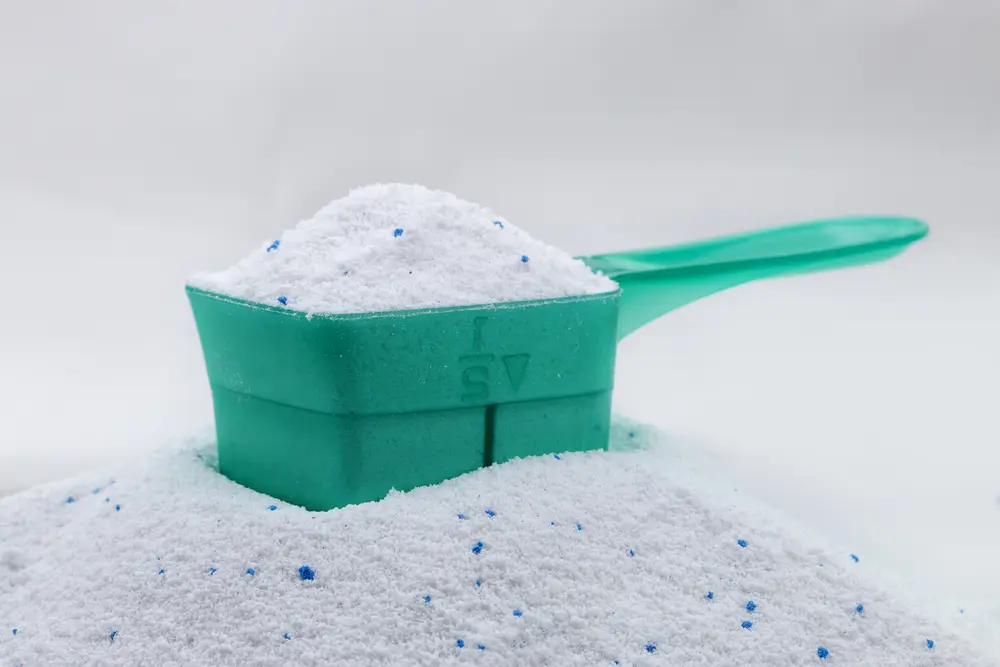
Anything with “fragrance” on the label should be avoided. Fragrances may be used by objects that don’t smell at all to mask chemical scents.
Ask others around not to use overpowering colognes or scents. Of course, it could be difficult at work, so always be nice. A modest fan or moving your workstation are some options.
Laundry tips for allergies
Use hot water to wash. Dust mites, which may infest towels, throw rugs, draperies, and bed linens, are a major contributor to allergic reactions. Always wash and dry these items in the dryer in the highest heat setting. Initially, read the care labels. Not every object can be cleaned in this manner. If hot water cleaning is not advised, have the goods professionally cleaned.
goods that have been kept clean for a long time in storage. Dust mites may have accumulated on them during the off-season. To make sure they are clean, wash any clothing you haven’t worn in a while. Additionally, wash stuffed animals and soft toys at least twice a year. Put them in a net bag and wash them as gently as you can
Choose your items wisely. Many laundry detergents include harsh ingredients that exacerbate allergies. Purchase phosphate-free, odor-free, and undyed cleaning products. Avoid using chlorine bleach since it is irritating and might worsen allergy problems. Leave the dryer sheets and fabric softener behind. Instead, add a cup of white vinegar to the rinse cycle. The vinegar will be undetectable, and your clothing will smell cleaner and fresher.
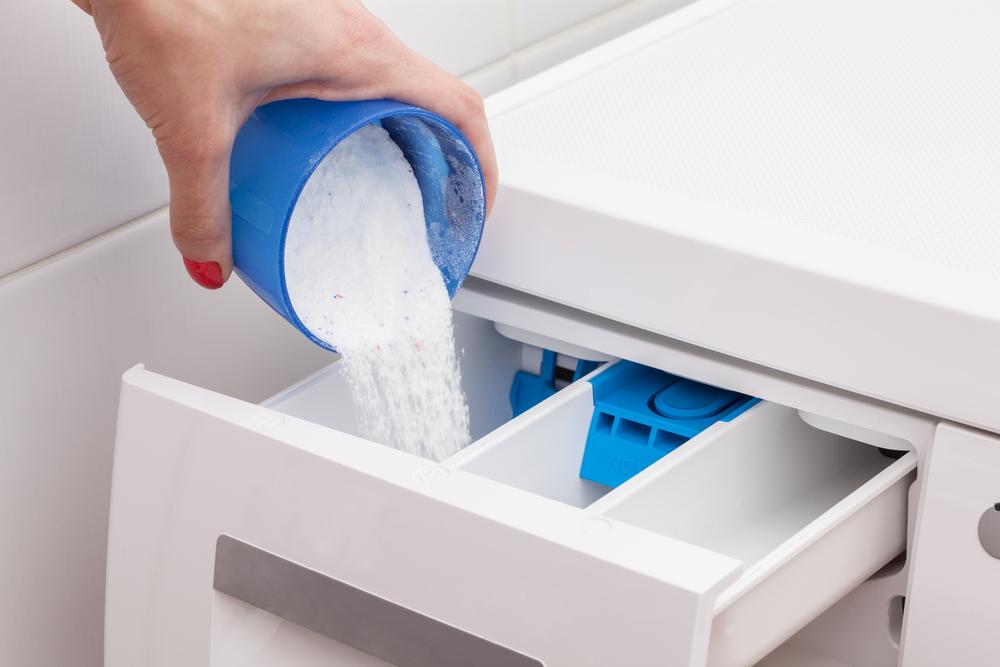
To get rid of the residue left by strong chemicals, clean your equipment. Run it through a few full cycles without wearing anything. This is particularly crucial before washing loads of linens or clothes that have been kept.
If you are looking for odorless laundry detergents you can refer to our manufacturing center and get a consultation from our sales managers to have a better purchase.

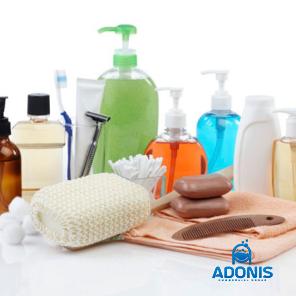
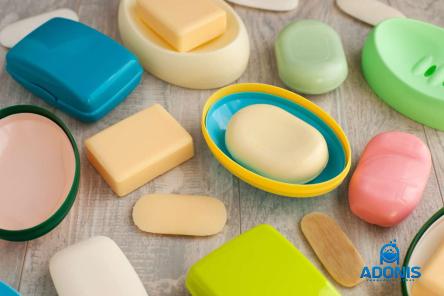
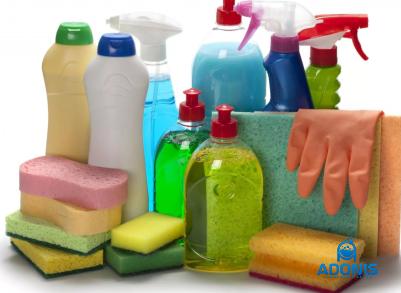
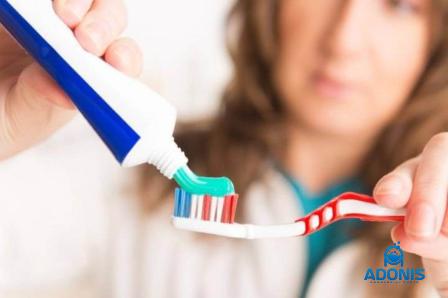
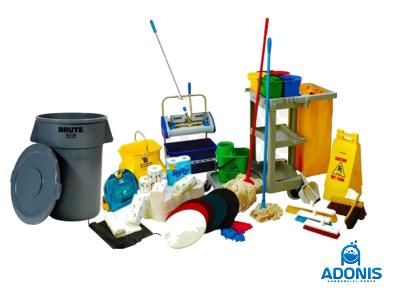
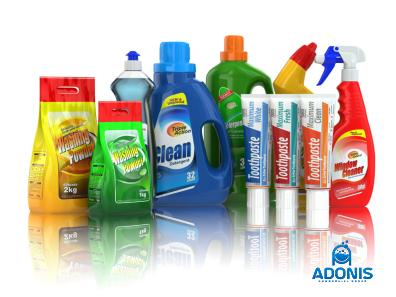
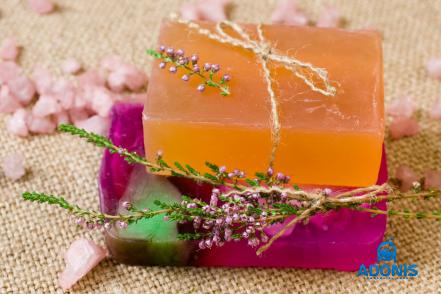
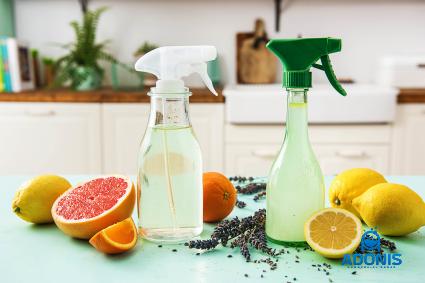
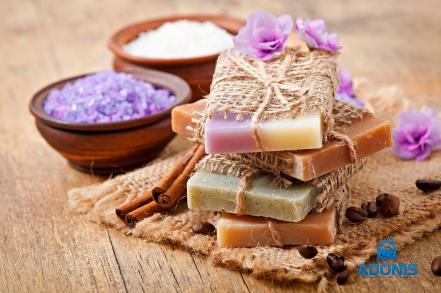
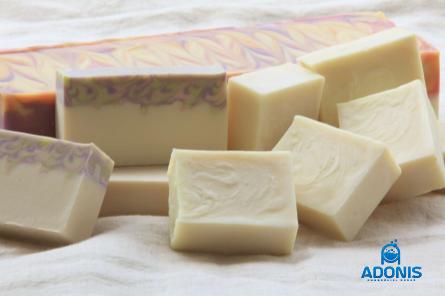
Your comment submitted.